Understanding the game of COP

Almost everyone who keeps an eye on climate change policy at the global level is by now familiar with the United Nations Framework Convention on Climate Change (UNFCCC) and its annual Conference of Parties (COP), which are held every November or December and on a different continent each year. This year's COP28 will be hosted by Dubai in December.
During the annual COP, all the world's media turn up to follow the negotiations on different topics, and many civil society actors, especially the youth, make great efforts to attend. However, there is a great deal of misunderstanding around what can be achieved by simply going to a COP. If one doesn't know how the COP game is played, only attending a COP can be extremely frustrating.
The primary point to understand is that the COP is the second annual meeting of all the signatory governments to the UNFCCC. The first meeting is held in May or June and always in Bonn, Germany, where the secretariat of the UNFCCC is located. This meeting is called the meeting of the Subsidiary Bodies (SB) of the UNFCCC, and even though it is a meeting of officials only (and not ministers like the COP) and no decisions are made in Bonn, it is still an extremely important meeting as this is where the agenda for the upcoming COP is decided.
In other words, if a country wants to add an item to the COP agenda and tries to do so at the COP, it is too late as the agenda was already agreed upon at the prior SB meeting in Bonn.
The SB meeting for 2023 is about to start from June 5 in Bonn and I plan to attend to ensure that setting up the fund for loss and damage is on the agenda for COP28 in December.
One of the big advantages of going to the SB meeting is that it is relatively less crowded and the actual negotiators from different governments have the time to talk and listen to ideas for making progress. Meanwhile, at the COP, there are typically tens of thousands of people running around and it is practically impossible to have a quiet conversation with anyone, let alone with the actual negotiators!
The second piece of information for anyone, particularly for non-government actors, wishing to influence the decision-making process, is to realise that only governments are parties to the UNFCCC and can propose agenda items or decisions regarding any issue. Hence, it is necessary to find a sympathetic government or group of governments who would be willing to adopt your agenda and push it for the negotiations.
For example, on issues related to loss, damage, and adaptation, there are four groups of countries that are most relevant. These are: the small island developing states (SIDS) (who negotiate under the group called Alliance of Small Island States), the Least Developed Countries or LDCs (which includes Bangladesh), the African Group of Negotiators (AGN), and the Latin-American group AILAC. I have been supporting the loss and damage negotiators from these four subgroups with scientific advice for several years, and they are now a formidable force in the overall negotiations.
While I am in Bonn next week, the ICCCAD will host a workshop for the loss and damage negotiators from these four subgroups wherein we will invite researchers and scientists to share their findings with the negotiators so that they can be armed with the latest scientific evidence as they negotiate with the other governments.
In my column next week, I will report back on the progress we are able to make (or fail to make) in this year's SB meeting. In many ways, what will happen in Bonn next week could be even more important than what happens at COP28 in Dubai this December.
Dr Saleemul Huq is director of the International Centre for Climate Change and Development (ICCCAD) and professor at Independent University, Bangladesh (IUB).

 For all latest news, follow The Daily Star's Google News channel.
For all latest news, follow The Daily Star's Google News channel. 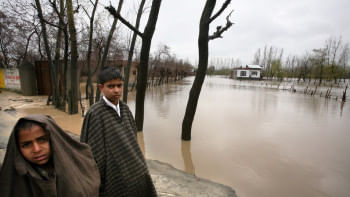
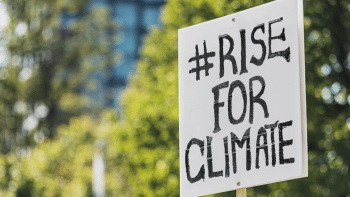
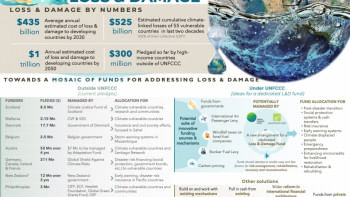
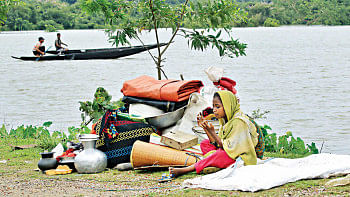




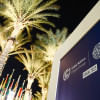

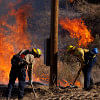
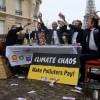


Comments